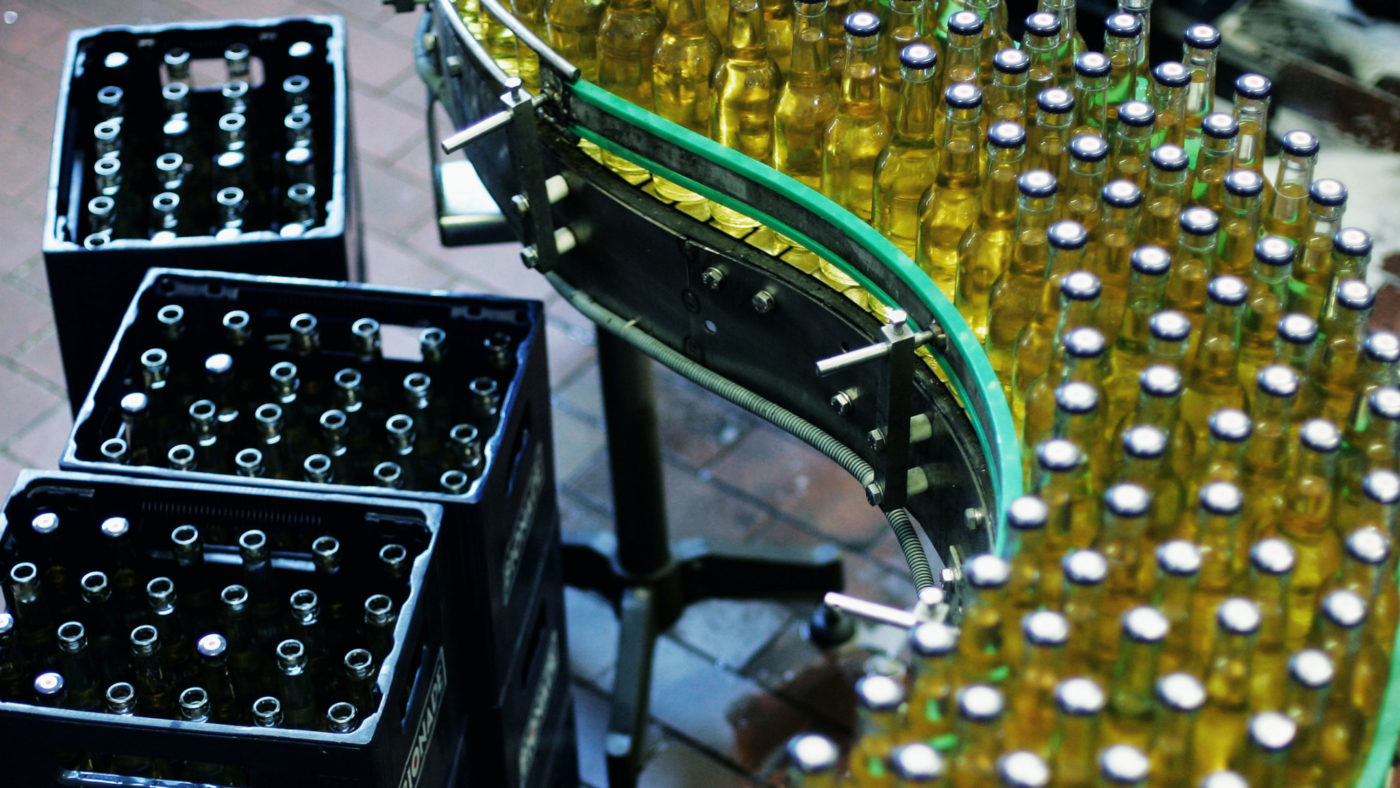Will Britain drop EU regulations or keep them post-Brexit? This dilemma is portrayed as central in defining Britain’s future relationship with the EU. If Britain diverges from EU regulations post-Brexit, how will British producers sell into the EU? Conversely, if Britain keeps EU regulations, what’s the point of leaving?
These questions are based on a false choice. Post-Brexit, the UK will be in a position both to adopt new regulations and to maintain existing ones. The solution is regulatory competition.
Much of the commentary on Brexit assumes that free trade requires regulatory harmonisation. It is taken as read that the only way to remove technical barriers to trade arising from divergent product regulations in different countries is to standardise the regulations, as the EU has done.
But there is a better alternative to harmonisation. It’s called mutual recognition. And the precedent for it ironically comes from the EU (or rather the EEC) itself.
Free trade between two or more countries based on the mutual recognition of standards entails that whatever it is legal to sell in one country it is legal to sell in the others. The idea derives from an ECJ ruling in 1979, which arose when a German regulator banned the sale of the French spirit Cassis de Dijon. The importer took the regulator to court on the grounds that the ban violated the principle of the free movement of goods. The court agreed, stating: “There is therefore no valid reason why, provided that they have been lawfully produced and marketed in one of the Member States, alcoholic beverages should not be introduced into any other Member State.” Thus, mutual recognition is often referred to as the Cassis de Dijon principle.
Although the EU has subsequently moved away from mutual recognition in favour of harmonisation, the Cassis de Dijon principle has gained traction elsewhere, notably in Oceania. Free trade between New Zealand and Australia is governed by it – per the Trans-Tasman Mutual Recognition Arrangement.
Mutual recognition has several advantages over harmonisation as a means of removing technical barriers to trade. It makes trade deals simpler and quicker to agree – because neither country needs to change its own laws. It mitigates the risk of producer capture and overregulation, as it creates no supranational regulators to be lobbied and co-opted by vested interests. Crucially, in relation to Brexit, it incurs no loss of either sovereignty or democratic accountability: national legislation remains supreme, and legislators remain beholden to the public.
As such, mutual recognition could be the best model for the UK’s post-Brexit trade deals. There is certainly no good reason why it should not form the basis of a trade deal between Britain and the EU.
There is, however, a problem: the EU won’t accept it. Whether internally or externally, the EU always demands regulatory convergence as the price for a comprehensive free-trade deal. It’s hardly likely to make an exception for the UK.
But there could be a way both to satisfy Brussels and regain legislative sovereignty post-Brexit. If the EU won’t agree to mutual recognition, Britain should unilaterally recognise the EU’s regulatory framework for the sale and production of goods and services: not as the law in Britain, but as one legal option open to retailers and producers. At the same time, Parliament should be free to deregulate or pass alternative legislation aimed at the UK market. Both would be law. Businesses would then be free to choose which regulatory code to comply with.
Unilateral recognition of some EU regulation, under a broader framework of regulatory competition, would make trade as easy as possible for both producers and consumers. British banks or car manufacturers serving European markets that wanted to keep their current compliance regime would be free to do so. At the same time, UK consumers would face minimal disruption. No one would need fear, for example, that new medicines would be unavailable in the UK simply because pharmaceutical companies sought certification from the European Medicines Agency, not its future UK counterpart. Any drug certified by the EMA would automatically be legal to sell in Britain.
The EU’s commitment to regulatory harmonisation is political, not economic. It is not a prerequisite for free trade. Brexit frees the UK to approach the regulatory elements of trade deals much more imaginatively. It’s vital that we do so.
This article was originally published by the Institute for Free Trade.


